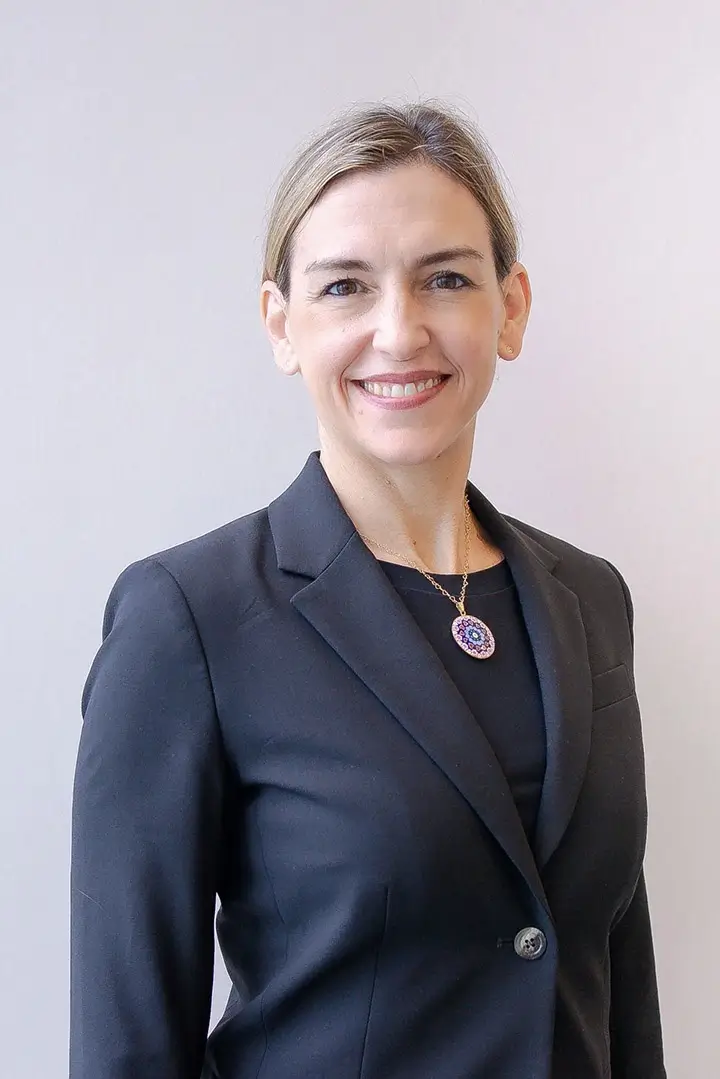Researchers in Edinburgh, Scotland are developing a new medical procedure that “knits together” torn knee tissue with autologous adult stem cells. The technique will be tested in clinical trials with patients within the next year.
The research is being led by Dr. Anthony Hollander of Bristol University, who was a member of the U.S. team that successfully reconstructed a new trachea last year with autologous adult stem cells in the treatment of then 30-year-old Claudia Castillo, who received a new trachea that was grown from her own adult stem cells. (Please see the related news article on this website, entitled, “New Trachea Grown from Autologous Adult Stem Cells”, dated November 26, 2008, and originally reported in The Lancet).
Now, a similar procedure will offer a new form of therapy for injuries and degenerative conditions that are common to the knee. Although the new technique is targetted specifically for the repair of tears in the meniscus, which is a part of the knee cartilage in which sports injuries are especially common, the treatment will also offer relief to the many individuals who suffer from osteoarthritis.
Speaking at a conference of the Scottish Stem Cell Network in Edinburgh yesterday, and in reference to tears in the miniscus, Dr. Hollander stated, “At the moment, there’s no way to treat this. It is just cut out, and that leaves the patient very susceptible to osteoarthritis within a short number of years.” One such example is Alan McLaren, a former defender first for the Heart of Midlothian team and later for the Rangers, who was abruptly forced to end his professional sports career in 1999 at the age of 27 after suffering a cruciate ligament injury. Clearly, Mr. McLaren could have benefited from such a therapy, and he might have been able to continue his highly successful football career, had this type of stem cell therapy existed a decade ago.
The upcoming clinical trials will initially enroll 10 patients, in whom adult stem cells that have been grown on a membrane will be implanted directly into the lesions of their knees, and sewn up. As Dr. Hollander explains, “It is designed in a way that the cells will migrate across the lesion and literally knit it together. So instead of growing new tissue, it’s healing the lesion itself.”
Only autologous adult stem cells will be used in the clinical trial, derived from each patient’s own bone marrow.
A number of other researchers in Scotland are planning similar clinical trials, including Dr. Brendon Noble of the Centre for Regenerative Medicine at Edinburgh University, whose focus will be more oriented toward age-related osteoarthritis rather than sports injuries.
Meanwhile, Dr. Hollander is also developing further improvements in trachea transplants that are re-engineered with adult stem cells and grown in the laboratory, the technology for which is also believed to be applicable to the regeneration of other organs, including large blood vessels and the intestine.

